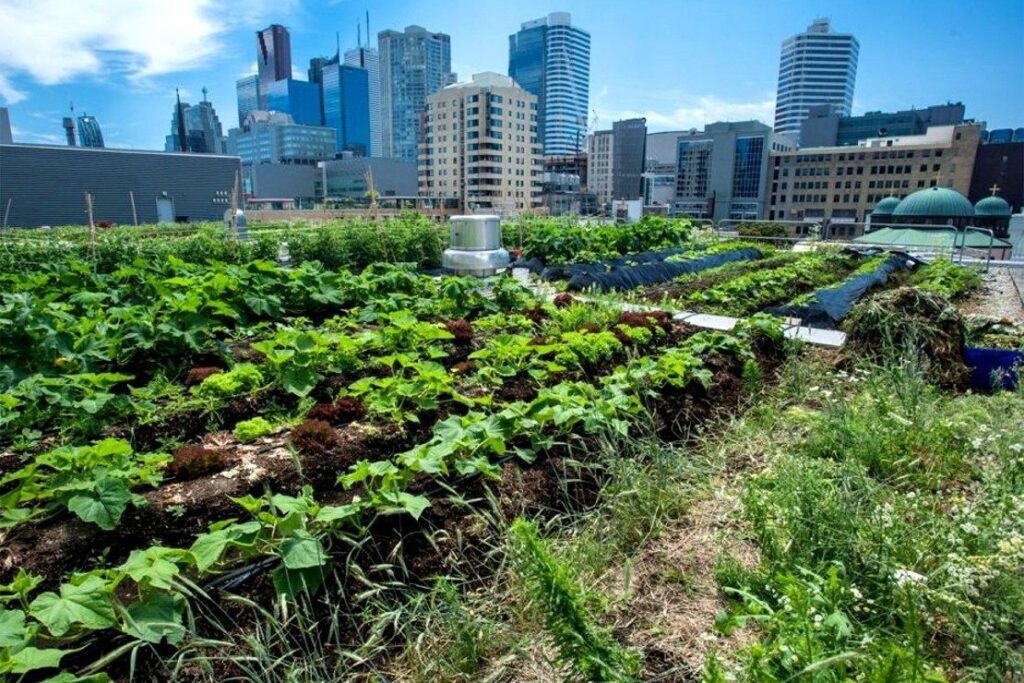
Agriculture Colleges Worldwide
Introduction to Agriculture Colleges
Agriculture colleges play a crucial role in educating students about agricultural sciences, technology, and practices. These institutions provide specialized training and research opportunities that contribute to advancements in agriculture, food production, and sustainability. They are found across the globe, each offering unique programs tailored to their regional agricultural needs.
Types of Programs Offered
Agricultural colleges typically offer a variety of programs including:
- Undergraduate Degrees: These programs often cover topics such as agronomy, horticulture, animal science, agricultural engineering, and food science.
- Graduate Degrees: Advanced studies may focus on specialized areas like sustainable agriculture, agricultural economics, or plant breeding.
- Certificates and Diplomas: Shorter programs aimed at providing specific skills or knowledge in areas like organic farming or precision agriculture.
Notable Agriculture Colleges Worldwide
- Wageningen University & Research (Netherlands): Renowned for its research in life sciences and agricultural innovation.
- University of California, Davis (USA): Offers comprehensive programs in agriculture and environmental sciences with a strong emphasis on research.
- China Agricultural University (China): One of the leading institutions for agricultural education in Asia, focusing on various aspects of agriculture and rural development.
Research Opportunities
Many agriculture colleges are also involved in significant research projects that address global challenges such as food security, climate change impacts on farming practices, and sustainable resource management. This research often leads to innovations that can be applied directly within the industry.
Global Impact of Agricultural Education
The education provided by these institutions not only prepares students for careers in agriculture but also contributes to the overall improvement of agricultural practices worldwide. By equipping future leaders with the necessary skills and knowledge, these colleges help ensure a sustainable future for global food systems.
Conclusion
Agriculture colleges worldwide are vital for fostering innovation and sustainability within the agricultural sector. Their diverse programs cater to various interests within the field while addressing pressing global issues related to food production and environmental stewardship.

